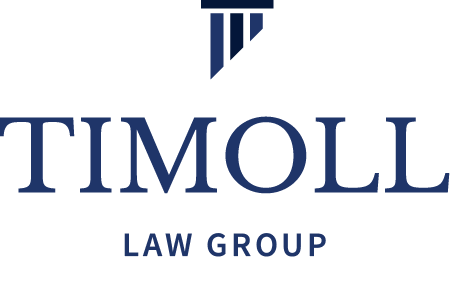Understanding Personal Injury Damages: A Comprehensive Guide
Jul 29 2025 13:00
Why Understanding Personal Injury Damages Matters
When you or a loved one suffer an injury, the road to recovery is not just physical and emotional but often financial. Understanding personal injury damages is essential as they can significantly influence the outcome of an injury claim. By familiarizing yourself with the different types of damages you may be eligible for, you empower yourself to seek fair compensation. This blog explores the three primary types of personal injury damages: economic, non-economic, and punitive.
Economic Damages
Economic damages refer to the tangible, quantifiable costs directly associated with the injury. These damages are the easiest to calculate and substantiate due to their concrete financial nature. Key examples include:
- Medical bills
- Lost wages
- Rehabilitation therapy
- Property damage
- Lost earning capacity
- Future expenses, such as ongoing treatment or anticipated lost wages
Because economic damages are measurable and heavily documented, they are typically straightforward to claim. Gathering comprehensive documentation is vital to ensure all financial impacts are accounted for.
Non-Economic Damages
Non-economic damages provide compensation for intangible losses, which can be more intricate to quantify. These damages address the personal impact of injuries, covering aspects such as:
- Pain and suffering
- Emotional distress
- Loss of enjoyment of life
- Loss of consortium, affecting relationships and companionship
Determining the value of non-economic damages often requires legal expertise. This is where the guidance of a seasoned personal injury lawyer becomes crucial in ensuring you receive fair compensation for these less tangible impacts.
Punitive Damages
Punitive damages are distinct from economic and non-economic damages in that their primary purpose is not to compensate the victim but to punish the defendant for egregious misconduct and deter future reckless behavior. These damages are awarded less frequently but play an essential role in the justice system. Situations that might warrant punitive damages include:
- Corporations selling knowingly defective products
- Cases involving gross negligence or intentional harm
Punitive damages are typically awarded in addition to economic and non-economic compensations, serving as a strong message against grossly irresponsible conduct.
Taking Proactive Steps
Understanding the three types of personal injury damages is a crucial step in navigating the complexities of personal injury claims. Not only does this knowledge set the foundation for pursuing fair compensation, but it also prepares you for the nuances of the claims process. If you or someone you know is in need of legal assistance, reaching out to a specialized law firm can provide essential support and advocacy.
If you reside in Maryland and need expert guidance, consider contacting Jason Timoll. His expertise in personal injury law can be invaluable in navigating your claim, ensuring you understand your rights and options fully. Don't face the complexities of personal injury claims alone—reach out to a qualified advocate to bolster your journey towards fair compensation.

